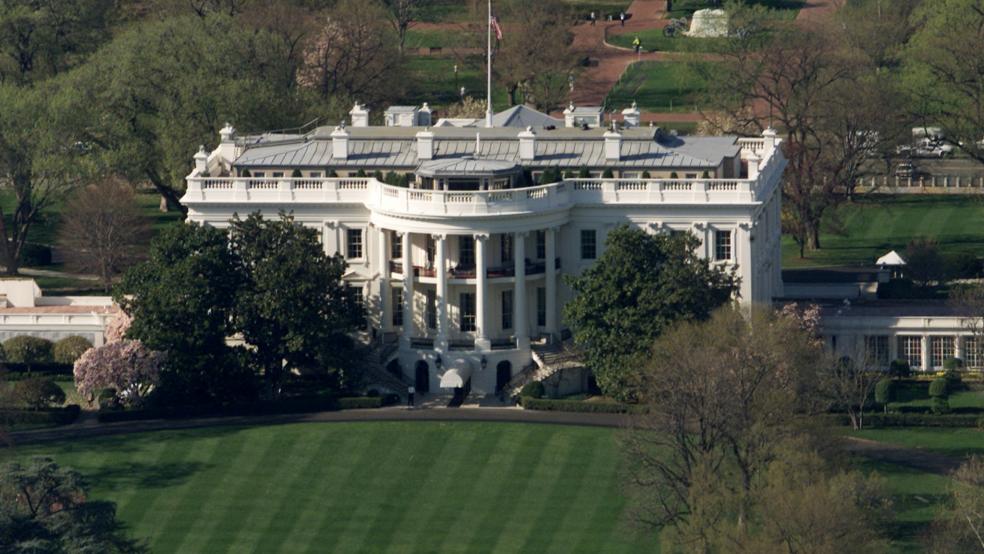As President Biden prepares to meet next week with House Speaker Kevin McCarthy and other congressional leaders to discuss raising the debt limit, The Washington Post’s Jeff Stein reports that the White House has been surprised that business groups and budget hawks that it thought would be in its corner in this fight are instead siding with Republicans.
The White House has insisted that Congress should raise the debt limit without conditions, as it has done before, and that the risk of a debt default should not be used as leverage to force spending cuts, which can be discussed as part of budget talks. Republicans insist they won’t raise the borrowing limit without some concessions to address the country’s fiscal outlook.
Stein cites a range of groups, from the Business Roundtable and Chamber of Commerce to the Bipartisan Policy Center and the Committee for a Responsible Federal Budget, all of which have come out in favor of negotiations between the administration and House Republicans. None have pushed for the clean debt limit increase that Biden is seeking.
“Rather than join Biden in urging the GOP to simply raise the borrowing limit — as many administration officials had hoped — these groups have called for bipartisan budget negotiations, implicitly endorsing McCarthy’s position and rejecting Biden’s opposition to talks” about the debt limit, Stein writes.
He adds that administration officials were “stunned” by a statement from the Committee for a Responsible Federal Budget calling the House Republican debt limit bill a “realistic and extremely welcome first step.” Biden officials reportedly saw that as encouraging further brinkmanship over the debt limit. “We were livid,” one told the Post.
We should add here that much of the media is taking a similar approach to those outside groups. We’ve noticed television news anchors and reporters asking Democrats why they don’t just try to find a middle ground with Republicans, questioning whether Biden’s position is sustainable or asserting outright that it isn’t.
While business groups have urged the White House to negotiate, corporate leaders have largely stayed on the sidelines, as NBC News notes — and it’s not clear if pressure from companies would sway a House Republican conference that has empowered some of its most far-right members and seen relations with the Chamber of Commerce grow strained. “A battery of phone calls from the nation's executives may do little to persuade Republican stalwarts to get on board with the Biden administration to lift the debt limit – or to persuade the White House to agree to spending cuts demanded by the GOP,” NBC’s Kayla Tausche, Shannon Pettypiece and Kristen Welker write.
Republican strategist Liam Donovan told the Post that the White House made a bad bet on GOP dysfunction. “But with the passage of a GOP debt limit proposal, any industry group or think tank that is more interested in keeping the economy on the rails understands that the path of least resistance is for Biden to sit down with McCarthy and come to a deal that allows everyone to save face,” he said.
Lindsay Owens, the executive director of the liberal Groundwork Collaborative, was harsher: “The so-called ‘fiscally responsible’ adults in the room have actually been happy to participate in a reckless strategy of hostage-taking and trying to force the White House to accept MAGA cuts,” she told the Post.
What’s next: Biden faces increasing pressure to work out a deal, but the White House has stuck to its position, arguing that there’s an important principle at stake. We may get some indication next week whether the unexpected political dynamics, combined with time pressure, drives Biden to try to reach a face-saving deal.
“Mr. Biden could negotiate without ‘negotiating’ by trying to broker an early agreement on spending levels for the next fiscal year, before the X-date,” Jim Tankersley of The New York Times suggests as one of several possible options. “In exchange, Mr. McCarthy would commit to passing a clean extension of the debt limit.”`





